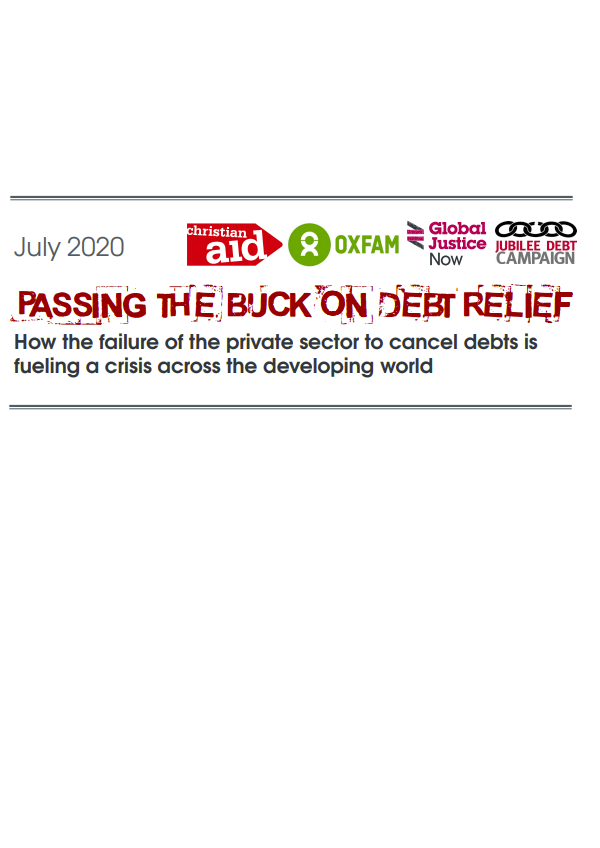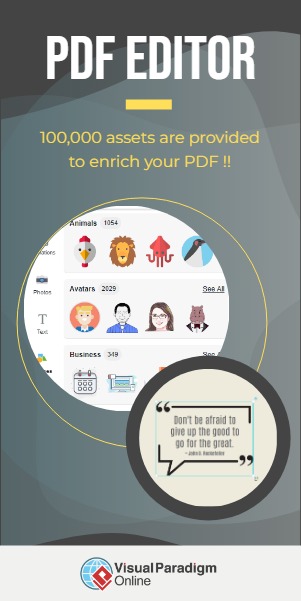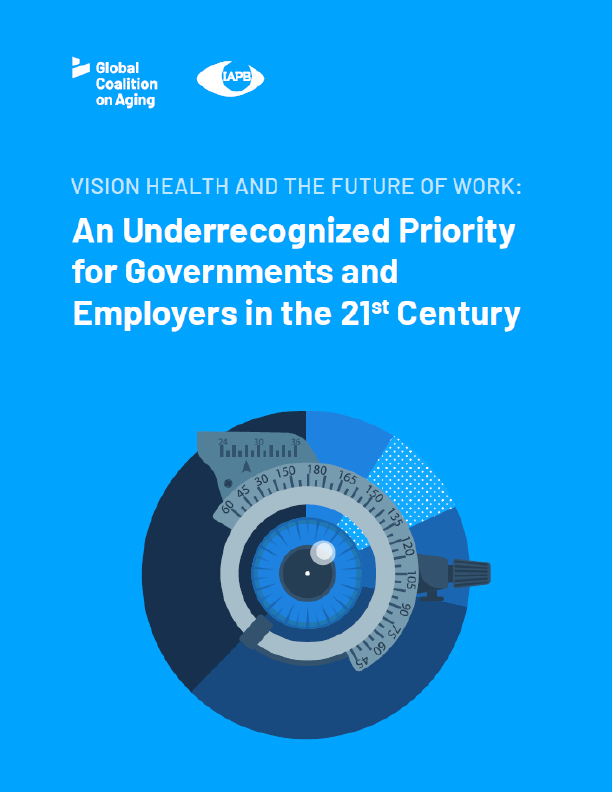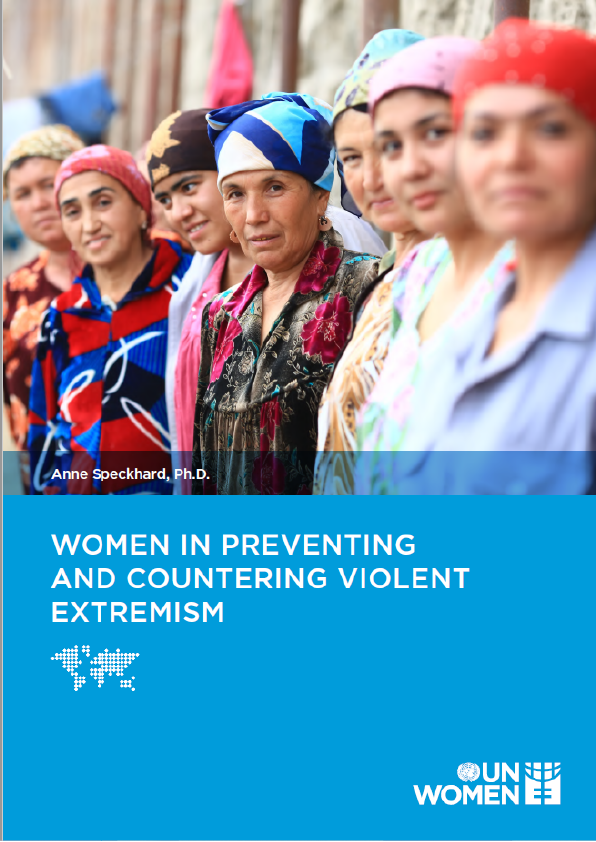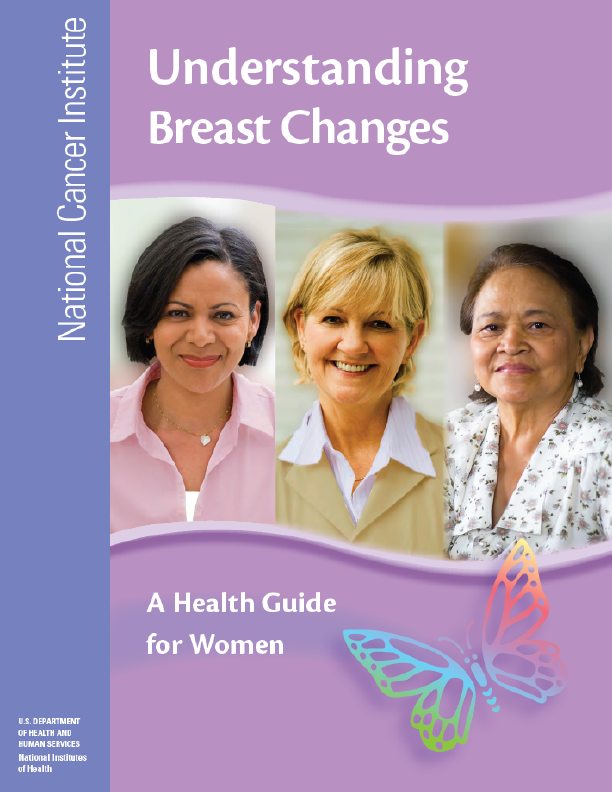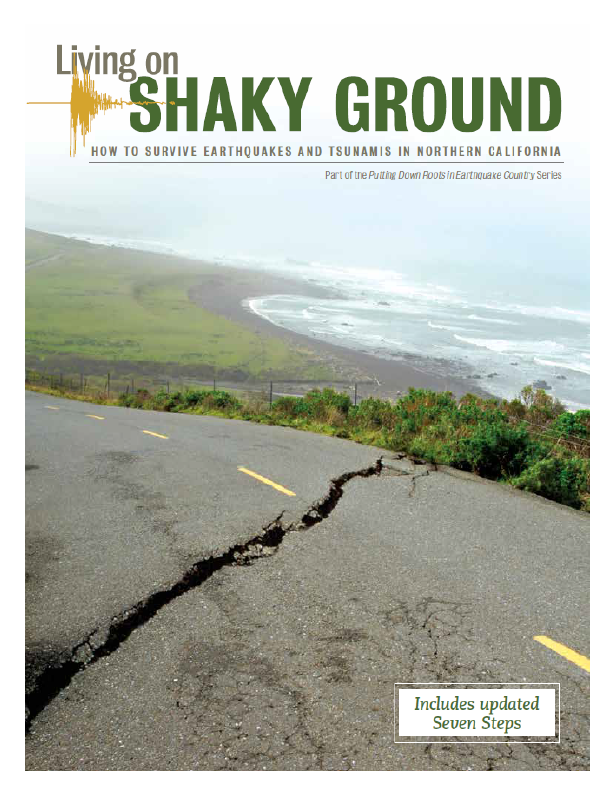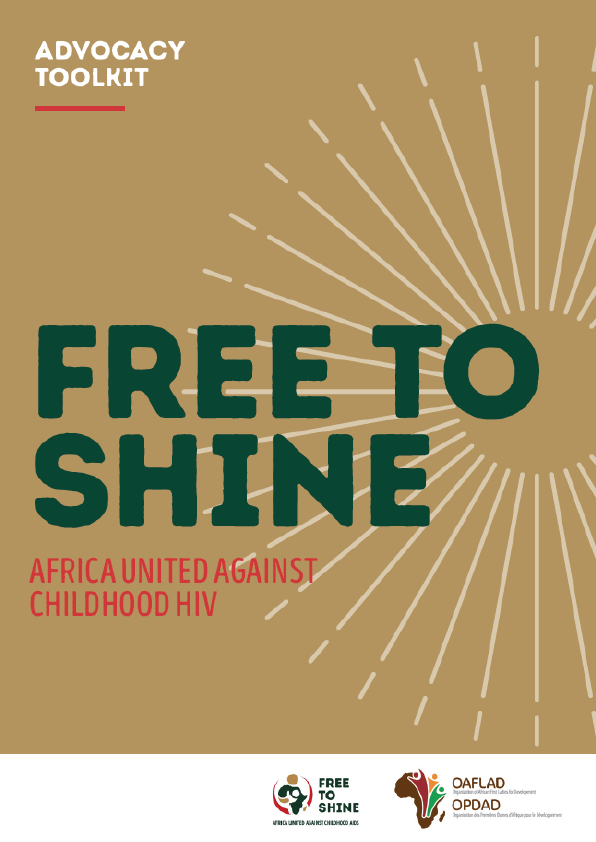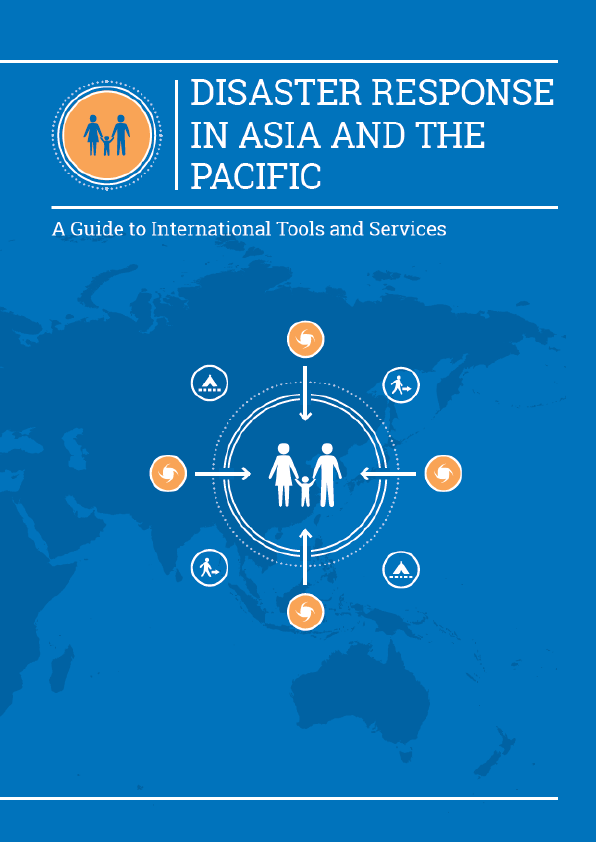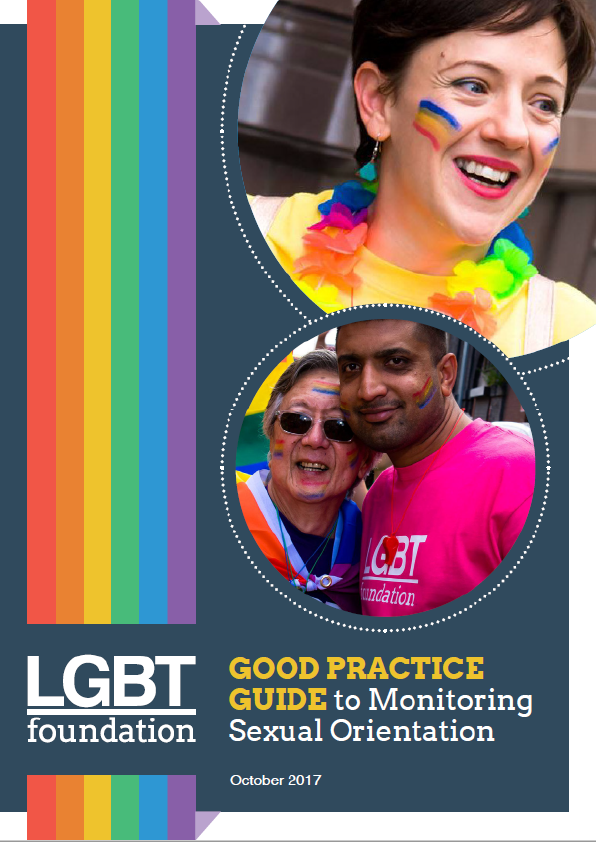Passing the buck on debt relief
How the failure of the private sector to cancel debts is fueling a crisis across the developing world
The Covid-19 pandemic will not be defeated unless it’s defeated in all countries. In developing countries, where public health spending and the ability to purchase personal protective equipment (PPE), ventilators, and intensive care beds are often severely constrained, significant debt cancellation will be necessary to deal with the double whammy of a health and economic crisis.
The G20 or Group of Twenty is an intergovernmental forum comprising 19 countries and the European Union (EU). It works to address major issues related to the global economy, such as international financial stability, climate change mitigation, and sustainable development.
The need for deep and broad debt relief has been acknowledged by leaders of G20 countries, the IMF, and the UN, but to date, rhetoric has not been matched by adequate action. In April, the G20 finance ministers agreed to a temporary suspension of debt payments from the poorest countries. This agreement, known as the Debt Service Suspension Initiative (DSSI), should only be the first step to providing an adequate solution to the crisis. Crucially, the agreement fails to mandate any action from private creditors (e.g. commercial banks and investment funds) or multi-lateral development banks, such as the World Bank – to whom many developing countries owe huge sums, often the largest part of their debt.
So far 41 out of 73 of the poorest countries have applied through the DSSI for their bilateral debt repayments to be suspended this year. This could save these countries up to $9 billion. Yet all 73 countries must still repay up to $33.7 billion worth of debt this year, which is $2.8 billion per month. This figure is double the amount that Uganda, Malawi and Zambia combined spend on their annual health budget. Debt cancellation is the fastest way to free up money for governments to spend on addressing the needs of their populations during this pandemic.
Failure to include private or multi-lateral creditors in the DSSI also means that the bilateral debt relief granted (as well as new loans given to these countries in need) is simply being diverted into the pockets of some of the richest investors in the world.
This paper issued ahead of the G20 Finance Ministers meeting, shows that despite the DSSI, many of the poorest countries are spending more on servicing debt payments than they are on life-saving public services. This paper examines the size of the private debt burden in these countries and makes a case for the introduction of a mechanism that would make participation in a debt suspension initiative compulsory for all actors, including private and multi-lateral creditors.
We call on countries at the G20 finance ministers to take the following steps:
1. Demand that private-sector creditors and multi-lateral development banks immediately match the terms of the debt suspension offered by the DSSI under a binding and compulsory scheme.
2. The agreed suspension needs to be extended until the end of 2022 and transformed into a future cancellation commitment.
3. Pledge to pass legislation to remove the ability of holdout bondholders to sue developing countries in courts for repayment on any debts they refuse to cancel. This is particularly important in England and New York, under whose law the vast majority of international debts are owed.
4. Ensure a fair and transparent process for restructuring and further debt stock cancellation inclusive of all debt types and with the binding participation of all types of creditors, such as a global debt workout mechanism
It is the duty of the international community to avoid adding a debt crisis to dozens of developing countries that are already dealing with health, humanitarian, hunger, and economic crises. Preventing a global disaster demands widespread and concerted debt relief and significantly more financing.
